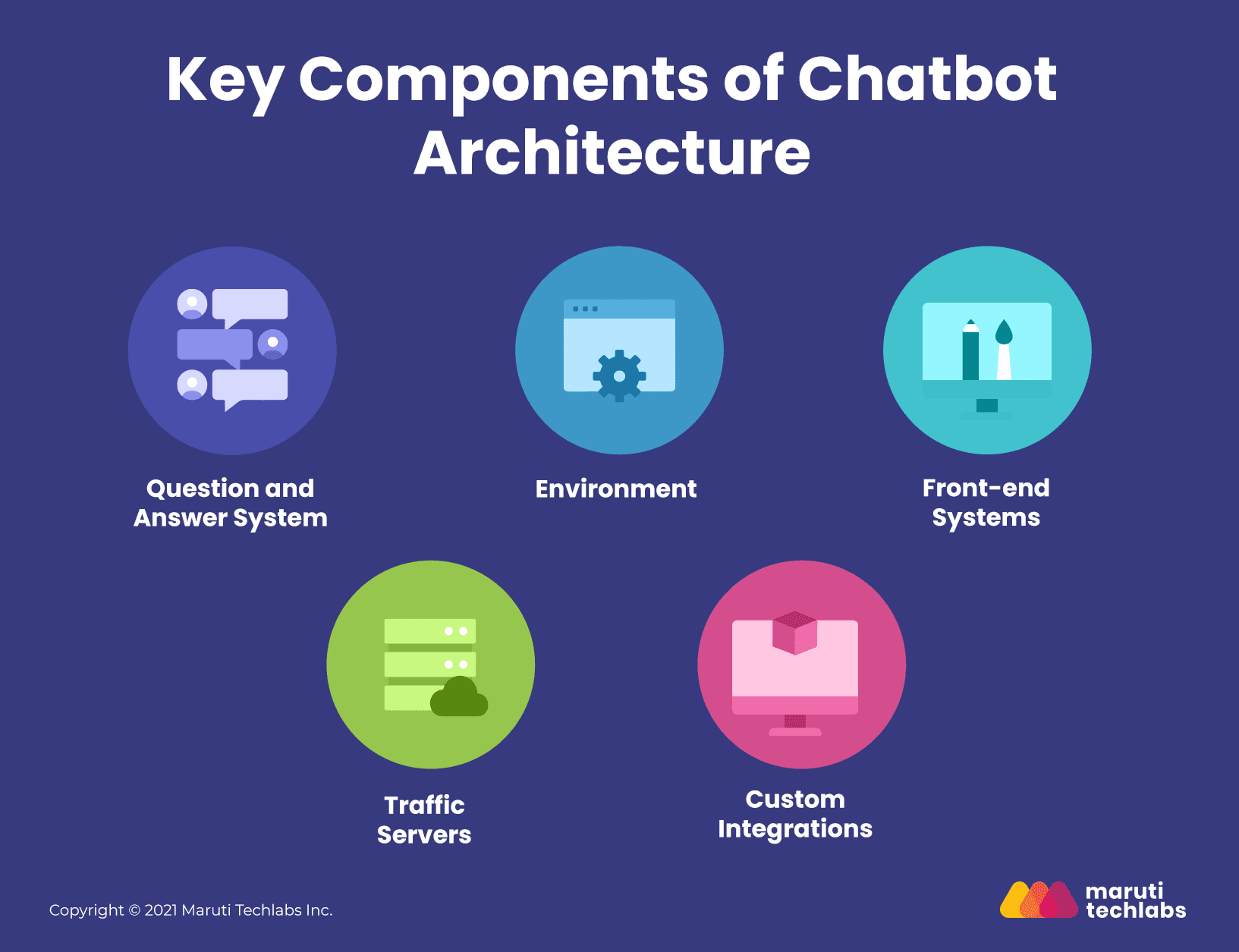The Future of Software Engineering: Trends to Watch
-
by HpYqFcFU
- 279

The field of software engineering is constantly changing, with new technologies and shifting user and business requirements shaping its future. Exciting trends are emerging that will determine the direction of this field. Our article explores these trends and the impact they will have on industry. Join us on this enlightening journey as we delve into the future of software engineering.
1. Artificial Intelligence and Machine Learning
Artificial Intelligence (AI) and Machine Learning (ML) are revolutionizing the software engineering industry. The incredible capability of AI and ML algorithms to analyze copious amounts of data and produce valuable insights is reshaping the software development, deployment, and maintenance processes. By utilizing AI, software engineers can automate dull and repetitive activities, fine-tune decision-making, and create self-learning applications. The potential of AI and ML in building intelligent, adaptable, and efficient software systems holds the key to the future of software engineering.
2. Internet of Things (IoT) Integration
The Internet of Things (IoT) has revolutionized the way everyday devices communicate by connecting them with the internet. This technology has created endless possibilities for software engineers to develop cutting-edge applications and platforms that can effortlessly integrate with this interconnected network of devices. With the increasing number of IoT-enabled devices, software engineering will need to focus on leveraging the full potential of this vast network. From intelligent homes to industry automation – IoT integration will be the cornerstone of software engineering in the coming years.
3. Cybersecurity and Data Privacy
As technology continues to spread its influence, cybersecurity and data privacy have become crucially important. With cyberattacks becoming more advanced, software engineers need to prioritize security and privacy across every stage of the software development process. In the future, software engineering will focus even more intently on constructing solid and secure systems that safeguard user data and guarantee privacy. With cutting-edge encryption algorithms and powerful authentication procedures, cybersecurity will be woven deeply into all software engineering methodologies.
4. Agile and DevOps Methodologies
Agile and DevOps methodologies have transformed software development, empowering speedy delivery, continuous integration, and team collaboration. Focusing on iterative development, regular feedback loops, and automation, they ensure efficient and dependable software solutions. Going forward, software engineering will increasingly adopt these practices, dissolving the lines between development, operations, and quality assurance.
5. Cloud Computing and Microservices
Cloud computing has revolutionized the hosting, deployment, and scaling of software applications. Through utilizing cloud platforms and services, software engineers have access to scalable infrastructure and flexible deployment options. The Microservices architecture further complements cloud computing by allowing applications to be broken down into small, loosely coupled services, resulting in enhanced scalability, agility, and resilience. By constructing cloud-native applications using microservices, organizations can adapt to evolving business needs with greater speed and efficiency. This innovative approach represents the future of software engineering.
6. Low-Code/No-Code Development
Low-code/no-code development platforms are revolutionizing software engineering by enabling non-technical users with minimal coding skills to build applications swiftly. These platforms provide easy-to-navigate interfaces, ready-made modules, and drag-and-drop functionality that simplify the development process. While low-code/no-code development expedites application delivery, software engineers will be vital in ensuring the dependability, security, and size of these applications. In the future, a collaborative approach between professional software engineers and citizen developers, powered by low-code/no-code platforms, will create dynamic and scalable applications.
7. Quantum Computing
Quantum computing offers unparalleled potential for tackling complex problems that exceed the capacities of classical computers. Although still in a nascent stage, quantum computing has the capability to transform software engineering by facilitating quicker algorithms, advancing data analysis, and overcoming optimization challenges. As the sphere of quantum computing grows more sophisticated, software engineers must augment their proficiency and expertise to utilize its power productively.
8. Ethical and Responsible Software Engineering
As software becomes an increasingly influential force in shaping our world, ethical considerations take center stage. Software engineers bear the responsibility of upholding ethical principles, respecting user privacy, and reducing biases in their creations. The future of software engineering hinges on greater emphasis on ethics, transparency, and accountability in building a more inclusive and progressive digital society. With great power comes the added responsibility to wield it ethically and conscientiously.
The future of software engineering is full of opportunities and promising prospects. To remain at the forefront in this rapidly evolving industry, software engineers must familiarize themselves with the emerging trends such as AI, ML, IoT, and cybersecurity. They can leverage agile methodologies, cloud computing, and microservices while keeping an eye on quantum computing to innovate and bring about transformational change. Let us collaborate and join hands to shape the future of software engineering.
The field of software engineering is constantly changing, with new technologies and shifting user and business requirements shaping its future. Exciting trends are emerging that will determine the direction of this field. Our article explores these trends and the impact they will have on industry. Join us on this enlightening journey as we delve into…
The field of software engineering is constantly changing, with new technologies and shifting user and business requirements shaping its future. Exciting trends are emerging that will determine the direction of this field. Our article explores these trends and the impact they will have on industry. Join us on this enlightening journey as we delve into…
